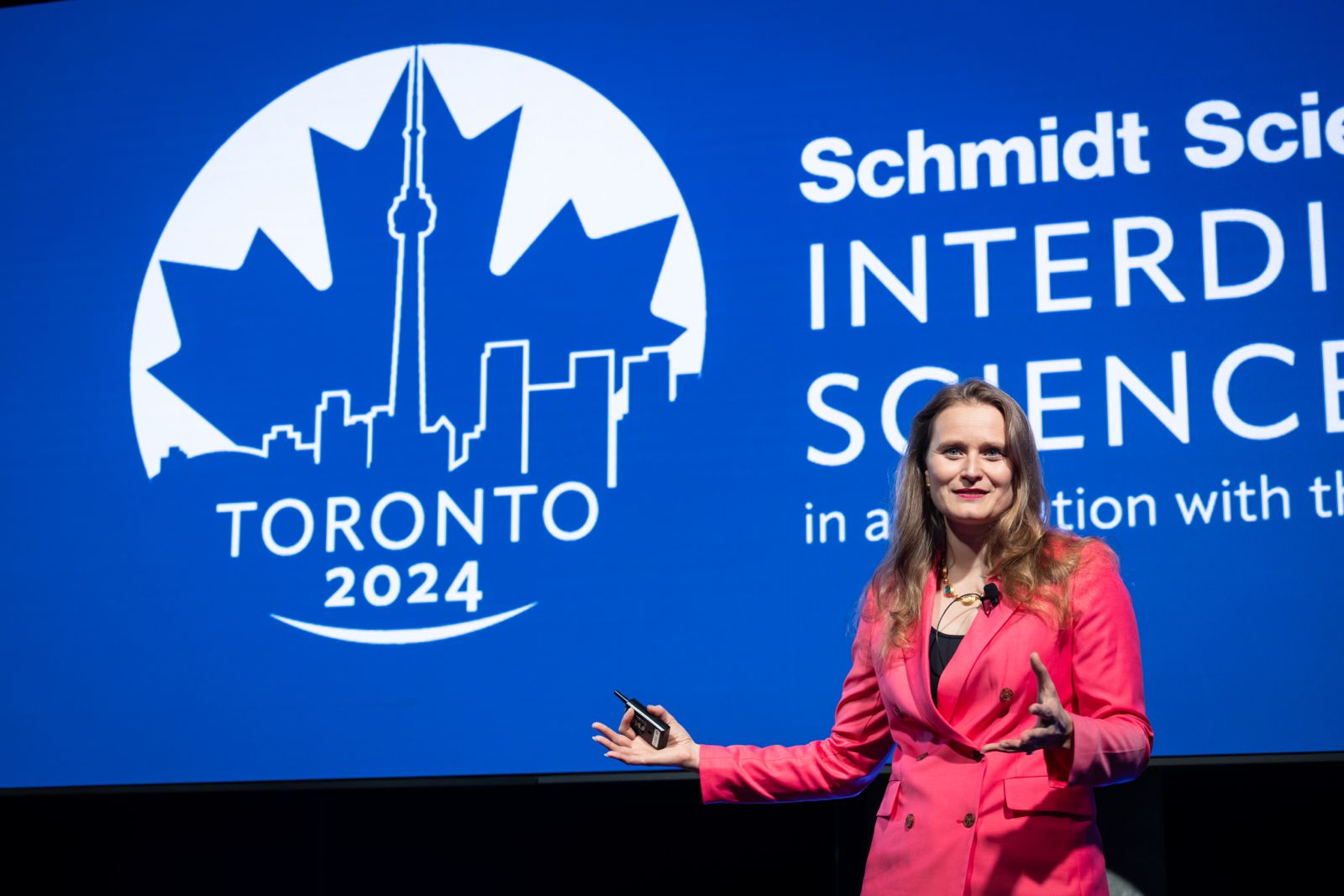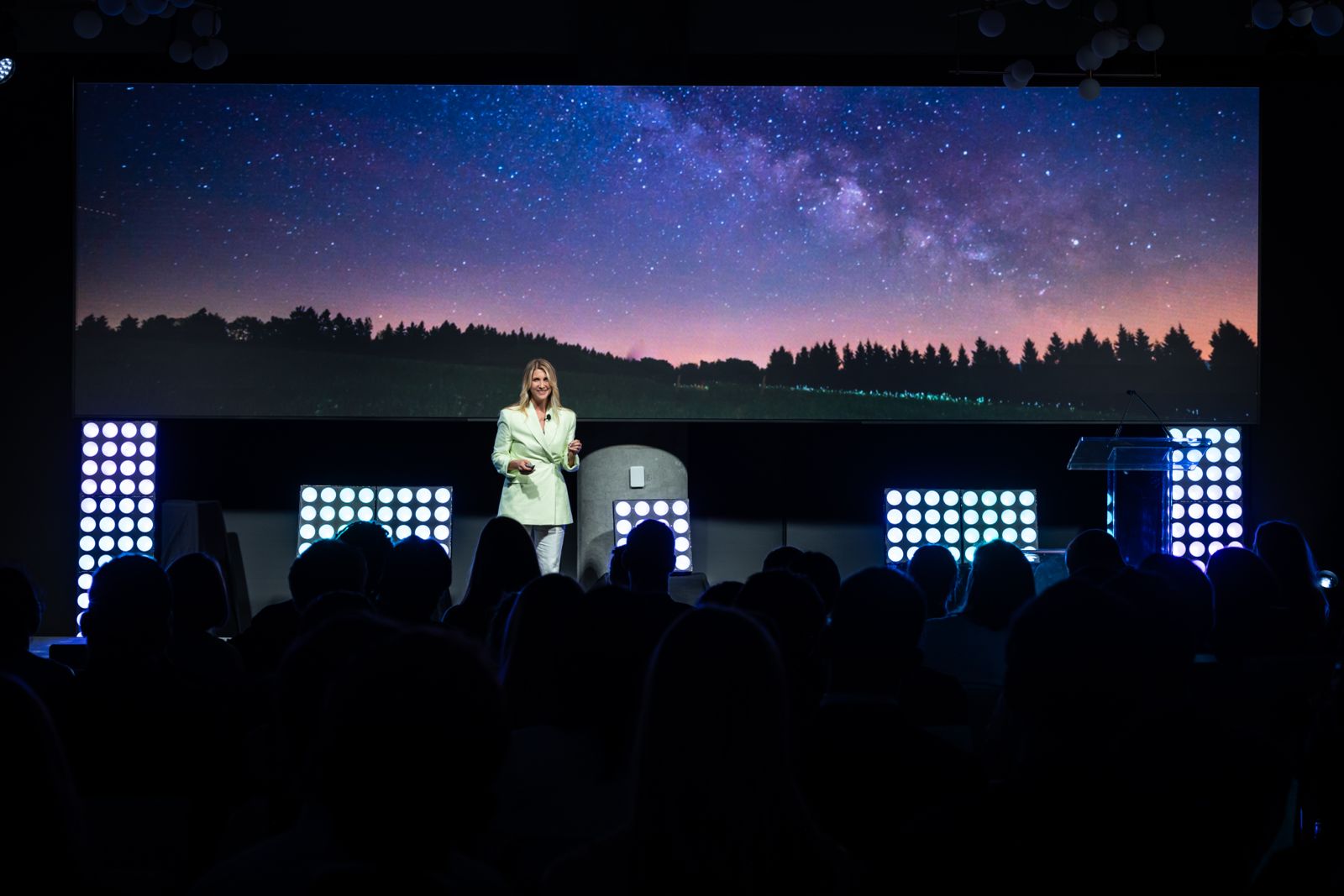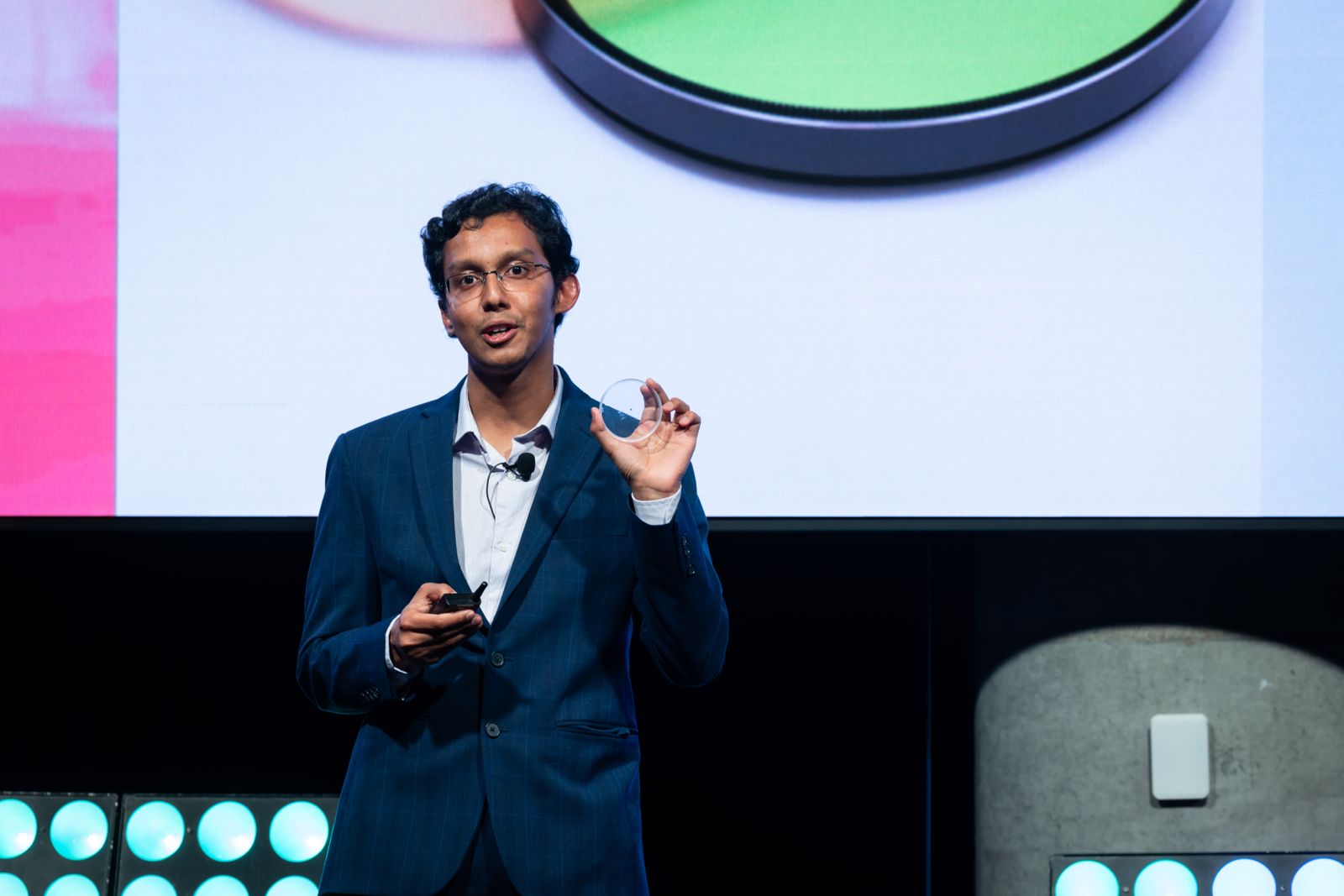Our Fellows are trailblazers and pioneers, harnessing the potential of interdisciplinary science to tackle the world’s most pressing challenges. We believe when interdisciplinary science can flourish without limit, scientists make bigger discoveries more quickly to benefit the world and drive innovation that improves quality of life for everyone.
Our latest series of ‘We Are Schmidt Science Fellows’ films follows three Fellows, exploring their science, motivations, and how they aim to make a difference in the world. At the center of each is their interdisciplinary science and their journey to cross disciplinary boundaries.
Dr. Gladys Ngetich is a 2019 Fellow at MIT working on space-enabled technology designs that support sustainable development goals. Born and raised in Kenya, Gladys is driven by her first-hand experience of challenges faced by communities in Kenya and other developing nations.
Gladys is passionate about the use of space and space technologies to support sustainable development goals. Here she explains more about her science and goals as a Schmidt Science Fellow.
“Interdisciplinary research is inevitable in the ongoing journey toward solving complex challenges like climate change. My interest in interdisciplinary science began towards the end of my DPhil at the University of Oxford. At that time, I was yearning to learn more about other research areas outside jet engine cooling – a field I had spent about four years diving into.
With the support of the Fellowship, I pivoted out of jet engine cooling research to eco-friendly chemical propellants for small satellite applications at MIT. Specifically, I develop and run computer simulations to understand physics associated with heat and fluid flow phenomena that occur when wax-based propellants, like beeswax, are melted, rotated, cooled, and cast into annular fuel grains.
Through my interdisciplinary journey, I have been exposed to diverse ways of thinking about research problems and different ways of solving them. With the help of the Schmidt Science Fellows, I have not only been empowered in my research but also honed transferable skills such as communication and entrepreneurial skills.
I hope my science will contribute to making space technologies and access to space more equitable so many non-space faring nations, like my country Kenya, can harness the immense benefits of space. This vision can only be realized through interdisciplinary collaboration, as space-related research is inherently multidisciplinary, bringing together data scientists, aerospace engineers, astrobiologists, policymakers, space lawyers, and more!”


